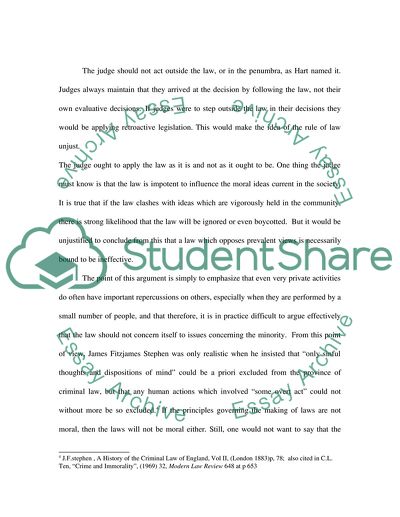Cite this document
(“What Is Justice and Where Is the Last Instance to Determine It Literature review - 1”, n.d.)
What Is Justice and Where Is the Last Instance to Determine It Literature review - 1. Retrieved from https://studentshare.org/law/1736284-jurisprudence
What Is Justice and Where Is the Last Instance to Determine It Literature review - 1. Retrieved from https://studentshare.org/law/1736284-jurisprudence
(What Is Justice and Where Is the Last Instance to Determine It Literature Review - 1)
What Is Justice and Where Is the Last Instance to Determine It Literature Review - 1. https://studentshare.org/law/1736284-jurisprudence.
What Is Justice and Where Is the Last Instance to Determine It Literature Review - 1. https://studentshare.org/law/1736284-jurisprudence.
“What Is Justice and Where Is the Last Instance to Determine It Literature Review - 1”, n.d. https://studentshare.org/law/1736284-jurisprudence.


